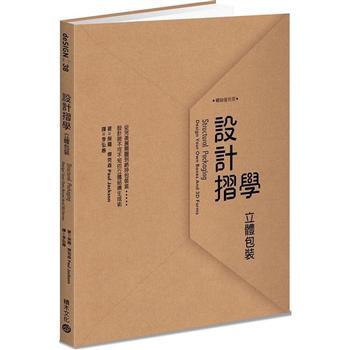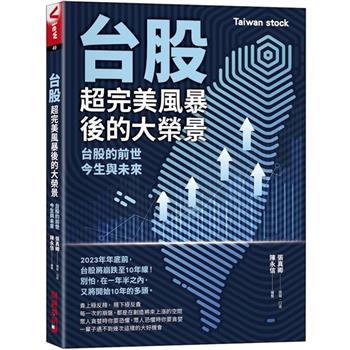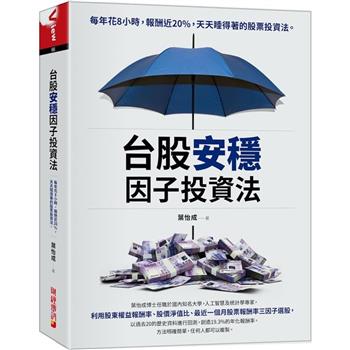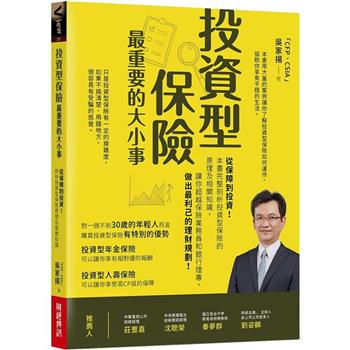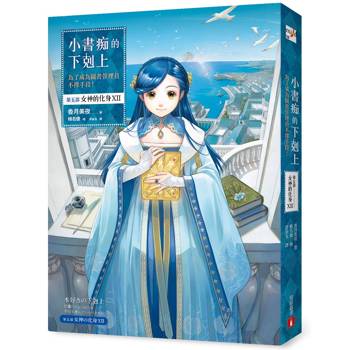Leonardo da Vinci was obsessed with water. The famed Italian Renaissance artist meticulously drew every aspect of rivers, from the nature of water drops to the ways currents create and destroy the earth’s surface. His obsession led him to become a professional hydraulic engineer and an expert on the physics of water. He disproved Aristotle’s 1,800-year-old theory of the water cycle and developed the one we use today. He discovered the nature of erosion and heretically disproved the biblical flood. He created beautiful maps and drawings of river currents and of his audacious plans to reroute the Arno River for war and peace.
It is obvious to David Ladensohn, who has been fly-fishing for forty years, that Leonardo would have made the perfect fishing guide. The artist’s keen sense of humor and winning personality would have made him a wonderful companion. He knew more about how rivers work than any person before him and would have been outstanding at reading the water to figure out where the fish are. Beginning with Leonardo’s remarkable biography--from underprivileged child to celebrity whose company was sought by competing rulers in Italy and France--and taking readers through the inspirations that led him to fall in love with waterways, Ladensohn makes the connection between the artist’s life and his own deep knowledge of the art of fly-fishing. His adventures have led him to seek out the most unique, storied, and traveled fly-fishing locales in the world, including Argentina, Mexico, Cuba, Bhutan, Italy, Slovenia, Australia, Canada, New Zealand, Brazil, Costa Rica, Bahamas, Ireland, England, and Mongolia.
Ladensohn’s research on Leonardo led him to native rivers in Italy to scholars at Oxford and the inside of Windsor Castle, where he studied the finest of Leonardo’s original water drawings. The illustrations, which remain little known even today, are reproduced here in color, many for the first time.
Fly-Fishing with Leonardo da Vinci is meant to inform and entertain anyone interested in the artist or fly-fishing and their unlikely intersection.

